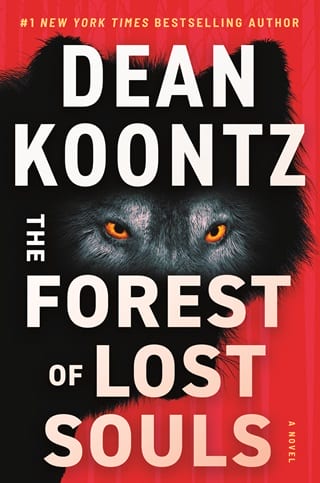22 THE FORTUNETELLER
22
THE FORTUNETELLER
Vida is ten years old when a raven-haired woman pays Vance Burkhardt cash in advance for three months' rent and moves into a ramshackle house that stands on his property, directly across the county road from the entrance to Ogden's eighty acres. This tenant—always in canary-yellow tennis shoes and an immaculate white robe with a hood—glides around like the ghost of someone pleased to be dead and engaged in a happy haunting. She drives a battered white Volkswagen bus on each side of which are painted the same words in elegant calligraphy: Look with kindness on those who suffer, who struggle against difficulties, who drink unceasingly the bitterness of this life. She pounds two tall iron stakes into the front yard and strings between them a sapphire-blue cloth banner decorated with crescent moons and silver stars, bearing seven intriguing words in coppery script: The truth and the future revealed here.
Three days in a row, Vida walks to the end of Ogden's private lane and sits in the grass beside the road, where yellow butterflies perform a silent aerobatic ballet. She watches as county folks visit the fortuneteller with surprising frequency.
On the fourth day, Vida crosses the highway and climbs the steps to the porch where the woman sits. "How much do you charge for the truth and the future?"
"At your age," the woman replies, "you haven't yet forgotten the truth. You don't need me to remind you of it."
That response requires some consideration before Vida knows what to ask next.
The lady is lovely. The most striking—and mysterious—thing about her is that her age can't be determined, at least not when her hood is raised. She might be twenty or nearly fifty or past sixty. She seems to be a different age at different moments, as if she has lived a life of such importance that three significant periods of her journey are represented with equal force in her countenance. That's an odd thought for a girl of ten, and Vida doesn't voice it.
Instead, she says, "Well, I didn't come to hear what truth you know. I'm sure you know a lot, and it's really interesting stuff. But what I'm wondering is how much it costs to have my future told."
The woman closes the book she's been reading, puts it on her lap, and lays both hands on it. She leans forward and smiles. "I charge whatever you value least."
This is proving more difficult than Vida expected. "You mean like ... a penny?"
"I don't work for money, dear. Unless that's what you value least. But don't bring me what you think I want. Whatever you can agreeably do without, that casts a shadow on your happiness—bring me that. Or if it's a thing you can't carry, shed yourself of it by sharing its name, and in return I'll tell your future."
"I'll need to think about this," Vida says.
"Yes, dear, I would advise that you do."
Vida descends the porch steps and then turns to the woman. "Mr. Burkhardt told my uncle you rented this place for three months. So you'll be here tomorrow when I come back?"
"One thing does seem to suggest the other."
"Mr. Burkhardt says he doesn't know your name."
"This isn't much of a house. There's little that I could do to damage it. Mr. Burkhardt is charging twice the usual rent because I prefer to provide no ID. He puts great value in cash up front."
"Why wouldn't you tell him your name?"
"I tell no one my name. Some know it without being told. Others would be frightened to hear it or would think me quite insane if I told them."
" Are you insane?"
"I'll leave that for you to decide after our third encounter."
"Well, but I'll only be coming back tomorrow."
"No, dear. Twice more."
"Oh. I guess you know because you can see the future."
"Past, present, and future are one. To know the first two is to know the third."
"Well, okay," says Vida, and she finds herself on the far side of the county road, heading home.
 Fullepub
Fullepub 



